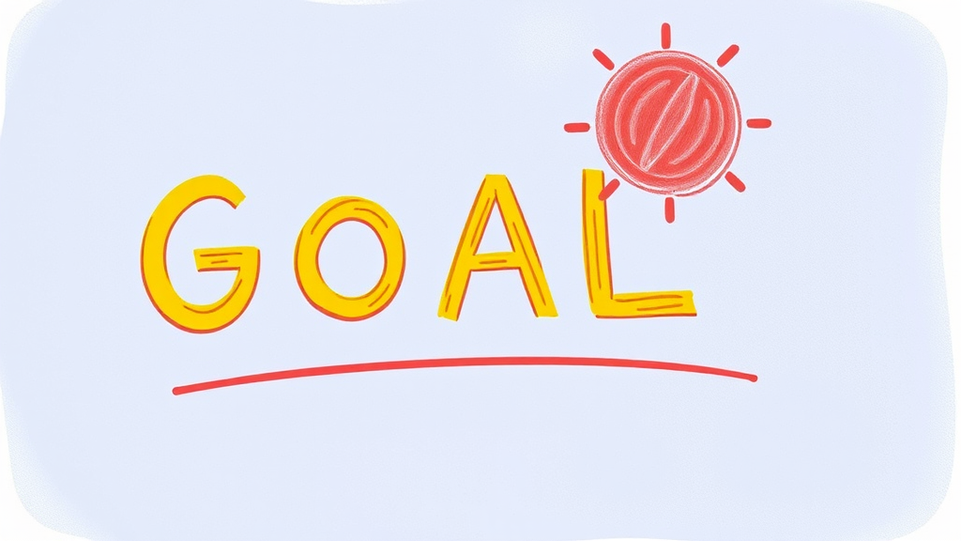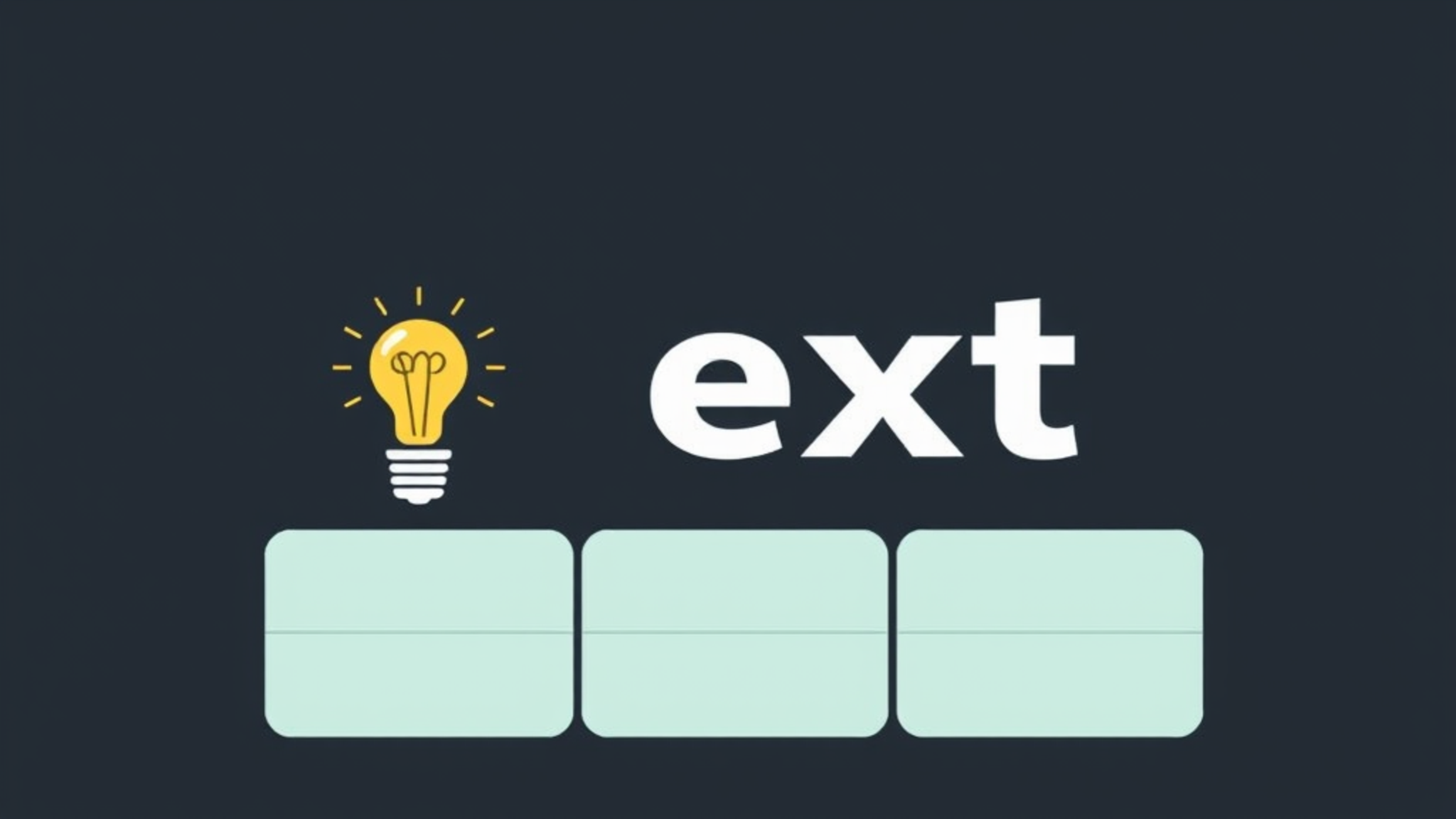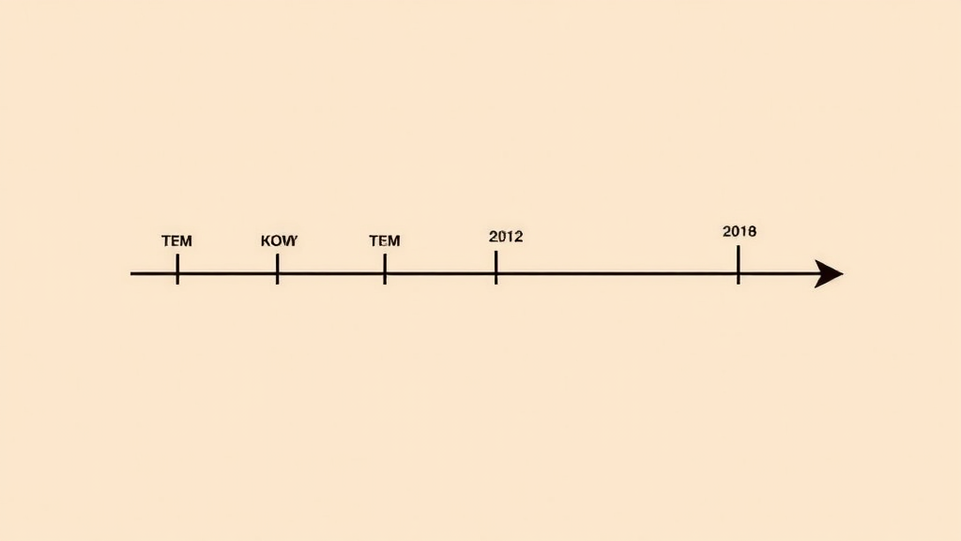Define the Goal

Clearly defining the goal or objective is the first and most crucial step in the planning process. The goal serves as a guiding light, providing direction and focus for the subsequent steps. It should be specific, measurable, achievable, relevant, and time-bound (SMART). A well-defined goal will help you determine the necessary actions, resources, and timeline required to reach the desired outcome. Without a clear goal, the planning process becomes aimless and ineffective.
Brainstorm Ideas

Brainstorm a wide range of potential actions or steps you could take to reach your goal. This is the ideation phase, where you should let your creativity flow without judgment or evaluation. Generate as many ideas as possible, even if some may seem unconventional or impractical at first. The goal is to create a comprehensive list of options that you can later analyze and refine. Avoid self-censorship or dismissing ideas too quickly, as the most innovative solutions often emerge from unexpected sources.
Evaluate and Prioritize

Review the list of ideas generated during the brainstorming phase and evaluate each one based on factors such as feasibility, cost, and expected impact. Consider the resources, time, and effort required to implement each idea, as well as the potential benefits and drawbacks. Prioritize the most promising options that align with your goal and have the highest likelihood of success. This evaluation process will help you narrow down the list and focus on the most viable and impactful actions to include in your plan.
Create a Timeline

Create a detakled timeline that outlines when you will complete each step or action in your plan. Assign specific deadlines for the completion of individual tasks, and ensure that the overall timeline aligns with your goal and desired deadline. This timeline will help you stay on track, monitor your progress, and make adjustments as needed to ensure you meet your end within the specified timeframe. Regularly reviewing and updating the timeline will be crucial to the successful implementation of your plan.
Identify Resources

Identify the resources you will need to carry out your plan effectively. This includes determining the necessary time, money, skills, and tools required for each step or action. Carefully assess whether you have access to these resources or can acquire them within the timeline you have established. Ensuring the availability of the right resources is crucial for the successful implementation of your plan. Identify any potential gaps or constraints and develop strategies to address them, such as outsourcing, training, or securing additional funding.
Monitor and Adjust

Regularly review your plan and monitor its progress. Be prepared to make adjustments as needed to adapt to changing circumstances or address unexpected challenges. Continuously evaluate the effectiveness of your actions and be willing to modify your approach if certain steps are not yielding the desired results. Remain flexible and open to new ideas, as the planning process is often iterative. By monitoring your progress and making timely adjustments, you can ensure that your plan remains relevant and effective in achieving your goal.




